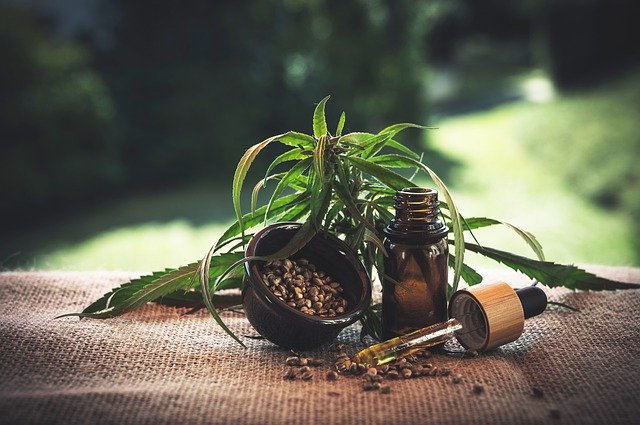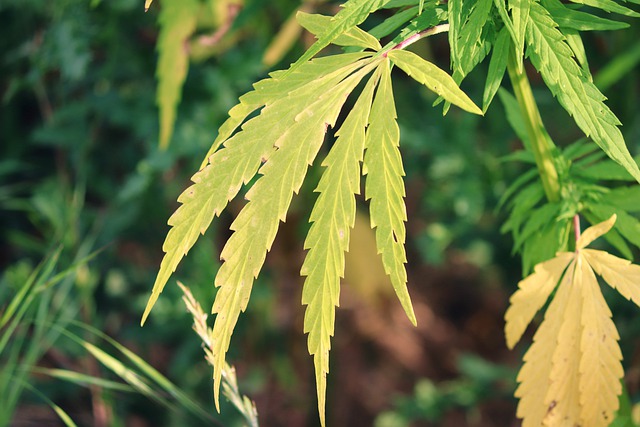
The market for hemp oil-based products such as hemp oil soap has seen a lot of growth since the market became more accessible in recent years. While hemp oil is derived directly from the cannabis plant, the content of the oil is more of a controversy.
THC (tetrahydrocannabinol) is the substance responsible for psychoactive stimulus in cannabis plants and the concentration variants in the flowers and leaves make some oils more potent than others.
The majority of cannabis hemp products derived from seeds of cannabis are of such low THC levels that they have no adverse effects on users’ state of mind. Hemp oil does include a set of benefits for skincare and condition as well as showing clear signs as a de-stressing agent with contact. The oil benefits as an anti-inflammatory and treating rash conditions, while preferred by some for minor injury recovery therapy. While not a clinically prescribed substance, hemp oil does give an organic alternative to patients with intolerance towards over-the-counter synthesized pain relievers and creams for irritation. The oil also serves to lower blood pressure by providing a source of linoleic acid, which has been reported to significantly lower bad cholesterol.

Alongside gamma linoleic acids, the oil is rich in fatty omega 3 acids that are recommended to lower blood pressure in patients with hypertension. Medical professionals have noted these benefits of hemp oil in extensive research, also quoting the drawbacks to caution usage. People taking hemp oil with already low blood pressure may develop chronic symptoms of their current conditions. Discussing symptoms and possible alternative causes for current conditions is advised before prescribing and using hemp oil especially if your symptoms may qualify for higher levels of THC.
As of now, there is not a regulated dosage measure for hemp oil, and patients prescribing will require careful note of the observed effect on the state of health and mind before taking hemp oil on a regular schedule. Currently, 33 states authorize CBD oil use, with 10 state legislatures requiring prescription through licensed dispensaries. Be aware of and talk with pharmacists before using CBD products with no FDA approval as these products may contain dangerous levels of contaminants such as pesticides or heavy metals. Common side effects of direct CBD oil use include diarrhea, lightheadedness, and an increased chance of damage to the liver. Check with the physician before deciding to take CBD or hemp oil products that may contain high levels of THC.
